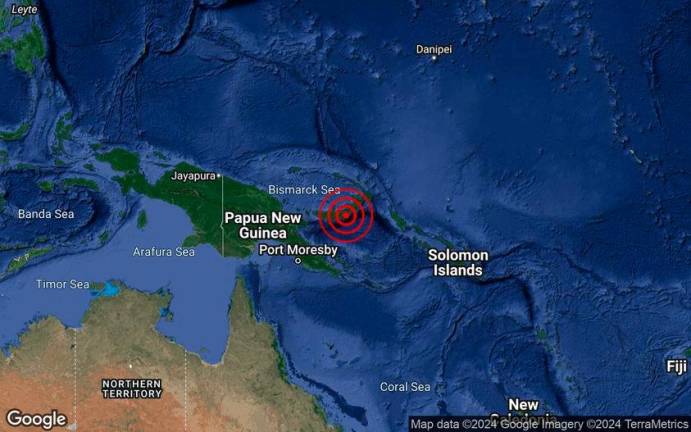OUR media has covered extensively the remarks by a World Bank official that the quality of Malaysia’s civil service is deteriorating. Some Malaysians seem to have suddenly awakened and, on the basis of that comment, have gone further to claim that the Pakatan Harapan government has failed.
Are we not oversimplifying the situation that exists in Malaysia?
Pakatan Harapan, with 14 months in office, is a work in progress. Civil service practices cannot be changed in a short time. Much time is needed; any change can only occur if it is both top and bottom driven. A good start has been made and, with time, there will be positive developments. One must remember that the Pakatan Harapan could not and does not have the authority to purge the civil service of thousands of people. That would be a recipe for disaster as government is an important source of employment.
The truth is that the decline of the quality of our civil service began a long time ago. What the leadership of the civil service did was to create a vast expansion of the system. Privatisation carried out from the 1980s had reduced the government payroll to about a million. But we went back to creating more government positions.
Masterminded by the Public Services Department and often with the blessing of the chief secretary to the government we created more and more training establishments (actually little empires for warlords to run) and special units to monitor efficiency, integrity, corruption and work performance while the ideals of efficiency, integrity, anti-corruption and work performance were ignored. We then integrated court protocol into the functions of the civil service.
I saw that as early as the 1990s. Let me relate an instance. A serving ambassador had died suddenly overseas and his remains were being flown home. I was at Subang Airport. A representative from the PM’s office arrived to alert us that the chief secretary was coming. A few minutes later another top official, aligned in some way to the chief secretary had arrived. He was virtually beating the drums and telling us to queue up to receive the chief secretary!
My Wisma Putra colleagues, a rather sober lot, were averse to such ostentatious protocol as they were sometimes in the vicinity of the king, the sultans and the prime minister and were not falling in line. The main thing that they were speculating on was that that top official was in line to become the next chief secretary!
The chief secretary then arrived and we received him. I think we lined up.
The occasion was to receive the deceased ambassador’s remains but the import of that was lost on the preliminaries of receiving these satraps of the civil service.
The civil service has concentrated too much on protocol, precedence, the pecking order for arrival and departure and even the parking of the government vehicles ferrying civil servants than on real work. Even at golf clubs such protocol is being observed!
We have wasted time on forms like the precedence and attire (we wear woollen suits in our equatorial climate; expenditure on air-conditioning not considered). Some civil servants would even kiss the hands of their political masters. Some of these senior civil servants on retirement went into GLCs and GLICs and perpetuated this culture of bowing and scraping in these organisations which should have been focused strictly on business and the provision of goods and services on the best terms. The public service exists to serve the interests of the public.
The end result is that the trappings of protocol, flattery and fawning became more important than the business at hand. When this culture is deeply embedded one can only imagine what happens when a VVIP civil servant is visiting a district, school, hospital or a clinic.
In the agency that I worked in, the Ministry of Foreign Affairs, we were fortunate as the top notch was not that concerned about protocol. Our ministers – Tengku Ahmad Rithauddeen, Datuk Seri Rais Yatim, Datuk Seri Abu Hassan Omar, Tan Sri Ghazali Shafie and Datuk Seri Abdullah Ahmad Badawi (as they were then) – would arrive unobtrusively at the airport and at their offices. They were eminent men who cared more about substance than inconsequential protocol.
It is time that our civil service paid more attention to the bottom line of their work programmes than to protocol.
With due respect, the World Bank can’t have a clue about running our civil service or managing our country.
Datuk M Santhananaban is a retired ambassador of the Malaysian Foreign Service with more than 45 years of experience in the public sector.












